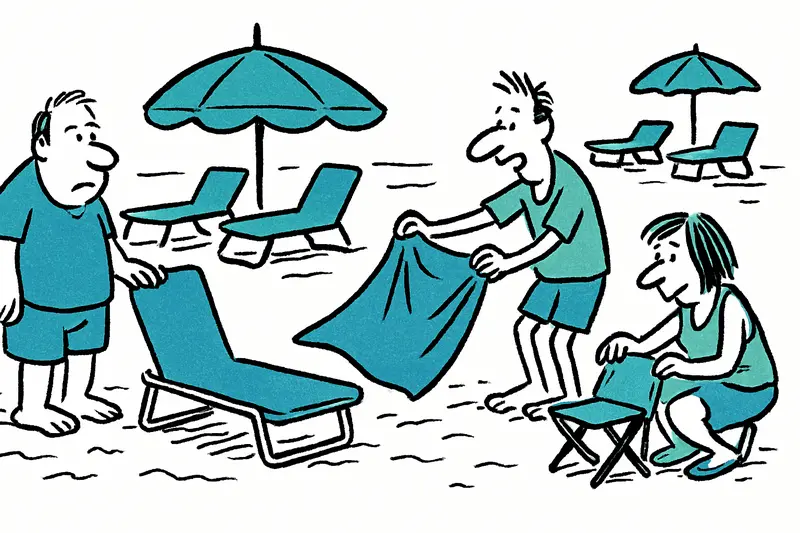Crowded beaches? Not everywhere anymore. In Playa de Muro, Can Picafort and elsewhere sunbeds sit empty — and the reasons are tighter budgets, changing habits and a bit of digital squabbling.
Where there was once a shortage of sunbeds, space now remains
I was last week around 11 a.m. at the promenade in Can Picafort. The sun was high, the promenade was full — but on the beach rows of parasols lay unattended. No scramble for the best spots; instead towels spread on the sand and folded chairs stored away. It feels odd if you live here and remember the past years differently.
Costlier holidays, tighter wallets
Many rental operators report that the typical day guest has changed. Flights, hotel prices, fuel — everything is more expensive. The "average" traveler now prefers to bring their own towel, buy a cheap parasol at the supermarket or stay on the public section. For the small rental businesses that used to get through the day by selling two sunbeds and a coffee, that's often no longer enough.
At Playa de Muro I heard from an operator yesterday: Although there are more people out on weekends, many sunbeds remain free between about 10:30 a.m. and 12:30 p.m. Some therefore reduce opening hours or cut staff — in the end that's cheaper than tending to half-occupied rows.
A digital spark can tip the mood
And then there's the internet. A dispute in a regional Facebook group showed how quickly a single complaint can polarize a whole community. Without much discussion, many defended the older employees at the rental stands; others demanded that people should "just stay at home." Such conflicts don't bring customers back — rather the opposite.
A look along the coast: Europe joins in
Mallorca is not alone. In Italy, private beaches often have free sunbeds during the week; in Sardinia and Apulia rental prices are rising and many people resort to public coves. In Germany, beach baskets on the Baltic Sea have become a daily expense in holiday budgets. Everywhere the rule applies: if prices rise faster than willingness to pay, travelers think twice about extras.
What are the municipalities doing?
Some municipalities are already considering reducing the offer — not only to save costs, but also to give locals more space again. A voice from town hall mentioned a possible reduction of about 20 percent in next season's plan. Whether that improves the situation for rental businesses remains to be seen.
In the end it's a mix of economics, habit and a bit of stubbornness: some find it more practical to spread their own towel, others miss the service. For the beach rental businesses it means rethinking old business models. And me? Next time I'll grab my little camping chair from the trunk — it saves money and secures my spot.
Similar News

Charity Run in Palma: United Against Cancer – Streets Closed on Sunday
On Sunday, locals and visitors in Palma will run and stroll to support cancer relief. The start is at Avenida Antoni Mau...
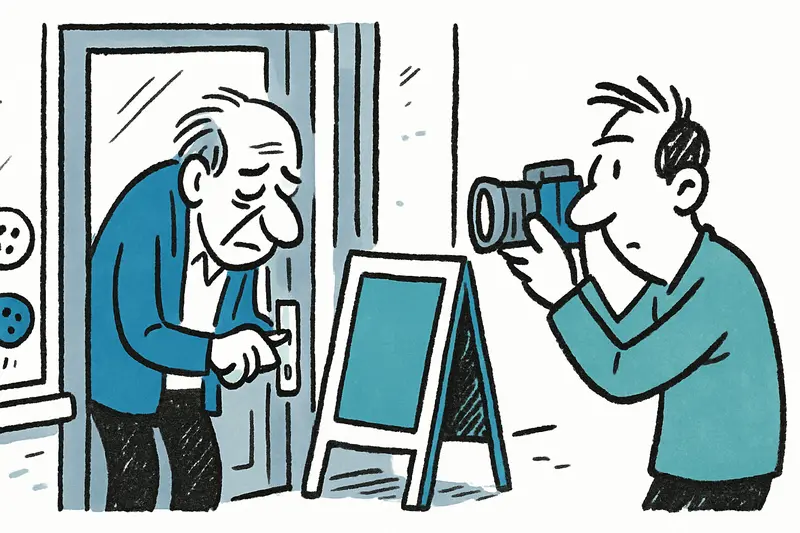
End of an Era: Palma's Oldest Haberdashery Closes After 340 Years
Mercería Àngela in Palma's Old Town is closing — 340 years of family operation come to an end. For residents, it's more ...
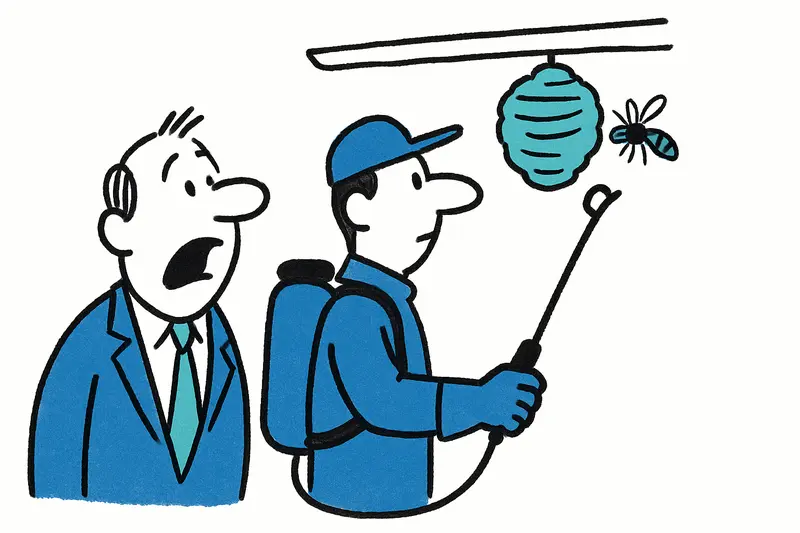
Oriental Hornet: First Nest Found on Mallorca in Esporles
In Esporles, the first nest of the Oriental Hornet was discovered. The species can sting painfully—authorities are reque...
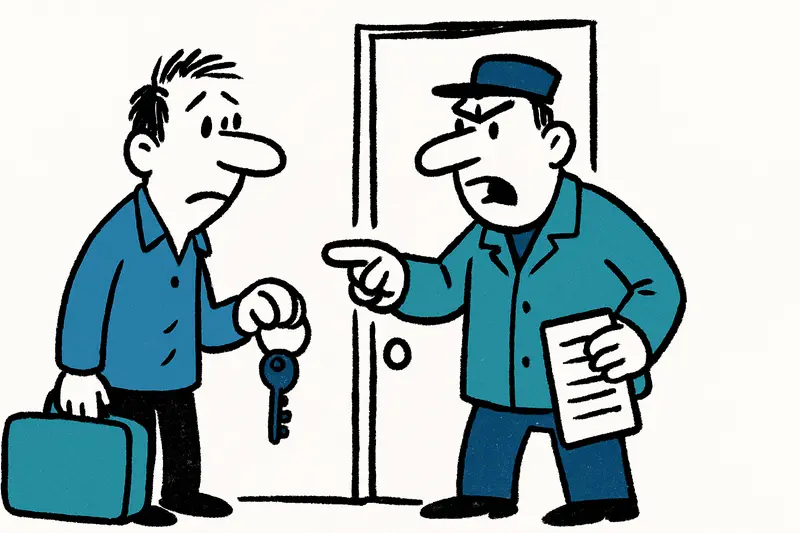
Palma steps up crackdown on illegal holiday rentals – fines over 300,000 euros
The island council in Palma has imposed several substantial fines for renting apartments to vacationers without a licens...
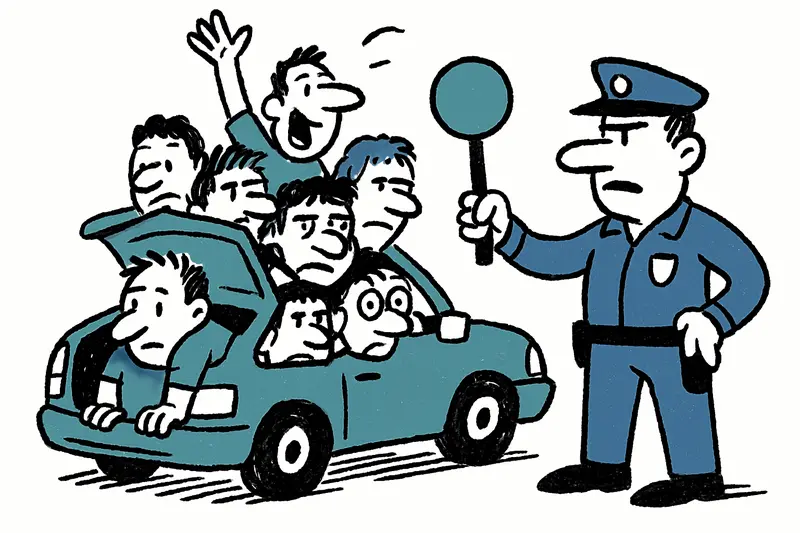
Palma: Police Stop Overloaded Car – Driver Under the Influence of Alcohol and Drugs
In Palma, police stopped a vehicle with seven passengers and one person in the trunk. The driver was under the influence...
More to explore
Discover more interesting content

Experience Mallorca's Best Beaches and Coves with SUP and Snorkeling

Spanish Cooking Workshop in Mallorca

